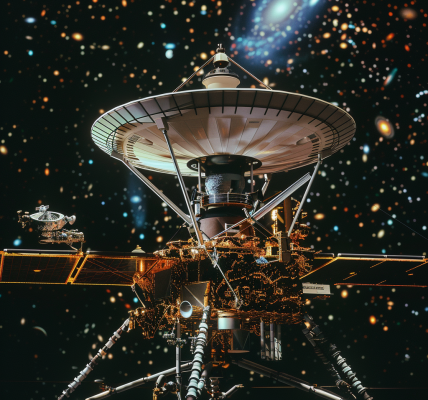Breakthrough in Nanotechnology: Targeted Treatment for Acute Myeloid Leukemia
Recent advancements in nanotechnology have paved the way for a promising new treatment approach for acute myeloid leukemia (AML), a severe form of blood cancer. Researchers from the Ulsan National Institute of Science and Technology (UNIST) have developed a novel nanoparticle system that selectively targets and destroys leukemia cells, potentially reducing the adverse side effects commonly associated with traditional chemotherapy.
The research, led by Professors Sebyung Kang, Eunhee Kim, and Sung Ho Park from UNIST’s Department of Biological Sciences, introduces a unique protein nanoparticle known as AaLS/TRAIL/aCD13Nb. This innovative nanoparticle is designed to induce apoptosis, or programmed cell death, specifically in AML cells while sparing healthy cells.
Acute myeloid leukemia presents a formidable challenge in oncology, with a staggering mortality rate of 90% if not treated promptly. Current treatment regimens often involve aggressive chemotherapy, which can lead to debilitating side effects, particularly in elderly patients. This dire situation underscores the urgent need for safer and more effective therapeutic alternatives.
Central to the nanoparticle’s mechanism of action is the targeting of CD13, a protein that is overexpressed on the surface of leukemia cells. The research team engineered a specific nanobody, termed aCD13Nb, that binds strongly to CD13. In addition, they incorporated Tumor Necrosis Factor-Related Apoptosis-Inducing Ligand (TRAIL), a well-known protein that prompts cancer cell death, onto the surface of the Aquifex aeolicus lumazine synthase (AaLS) protein nanoparticle.
This strategic combination allows the nanoparticles to home in on leukemia cells effectively, triggering a rapid apoptotic response while leaving healthy cells unharmed. In preclinical trials involving mice, those treated with the AaLS/TRAIL/aCD13Nb nanoparticles exhibited a marked reduction in leukemia cell proliferation and nearly doubled their survival rates compared to control groups.
Professor Kang emphasized the significance of this technology, stating, “This approach, which selectively targets and eradicates cancer cells, has the potential to minimize the side effects associated with conventional treatments. It marks a substantial step forward in the management of leukemia.”
Hejin Jun, the first author of the study, further elaborated on the implications of the research, noting, “Our findings lay the groundwork for the development of safe, targeted therapies for acute myeloid leukemia, offering hope for more effective treatment options in the future.”
The results of this groundbreaking research have been published in the journal Nano Today, showcasing the potential of nanotechnology in revolutionizing cancer treatment paradigms.
As the medical community continues to seek innovative solutions for challenging diseases like AML, studies like this highlight the critical intersection of nanotechnology and oncology, promising a brighter future for patients battling cancer.





